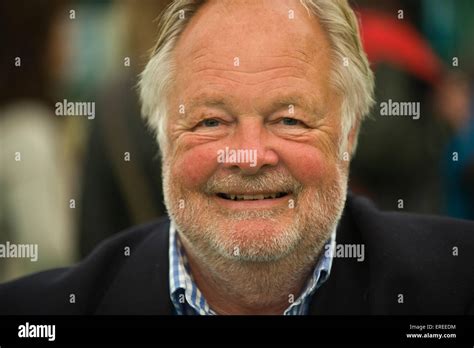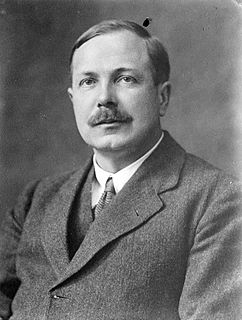A Quote by Yuval Noah Harari
We are probably one of the last generations of Homo sapiens.
Quote Topics
Related Quotes
The humanity and the humility, which are very different than the biological species homo sapiens. Humanity versus homo sapiens - very different things. We are biological creatures, we are animals, no doubt, but when you talk about "humando," you're talking about that particular kind of animals who are aware of their impending extinction, who have the capacity to be sensitive to catastrophe and disaster and calamity and profound crisis.
When homo sapiens is changing, it will not be by the whole race gaining simultaneously whatever qualities better fit it for survival, but rather by certain types of mankind proving superior to the rest in survival value, so that they contribute a larger proportion to the later generations, and in so doing drag the average qualities of humanity in the same direction.
The paradox of the human condition is expressed more in education than elsewhere in human culture, because learning to learn has been and continues to be Homo Sapiens' most formidable evolutionary task... It must also be clear that we will never quite learn how to learn, for since Homo Sapiens is self-changing, and since the more culture changes the faster it changes, man's methods and rate of learning will never quite keep pace with his need to learn.





































